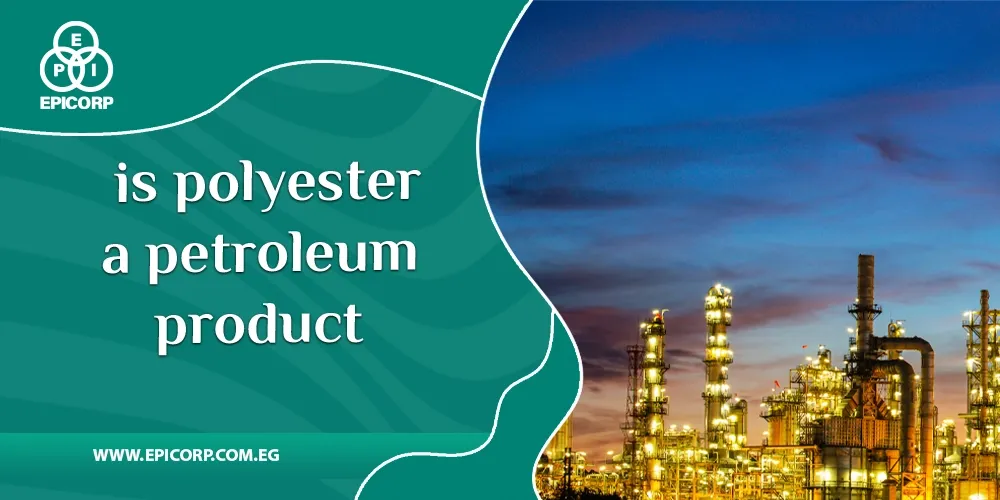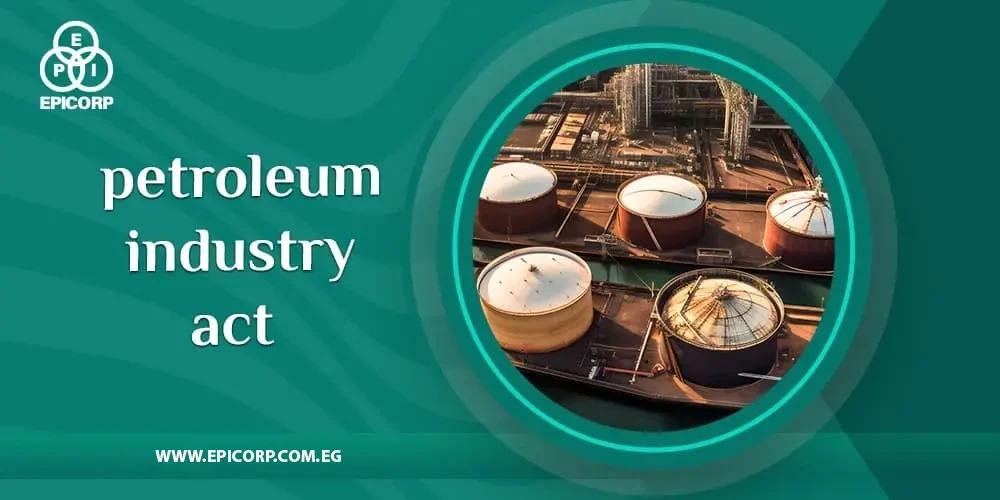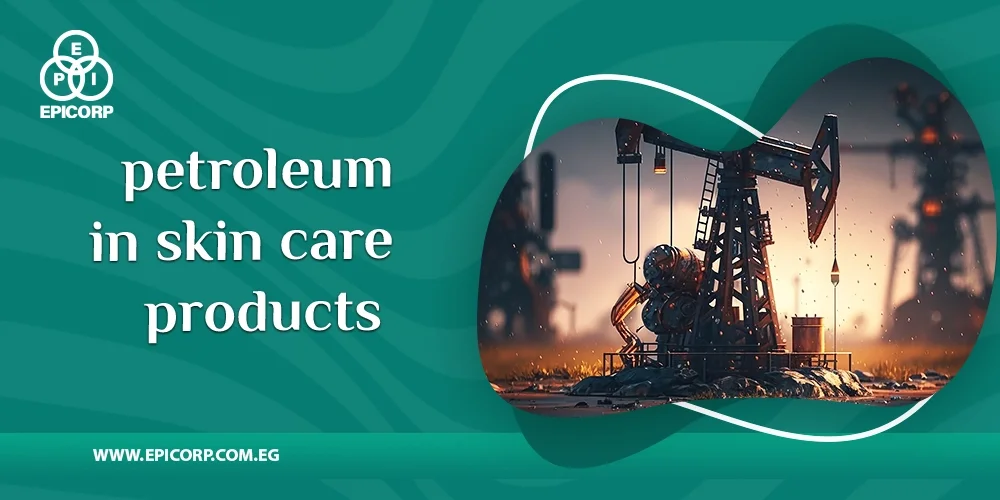Is polyester a petroleum product? Polyester, a widely used synthetic polymer, is indeed derived from petroleum products. Its production involves polymerizing ethylene glycol and terephthalic acid, both of which are derived from crude oil or natural gas. This versatile material has found extensive applications in textiles, packaging.
And even in engineering materials due to its durability, wrinkle resistance, and ease of care. Understanding its petroleum-based origin sheds light on its widespread usage and environmental considerations. So in the following lines we will discuss is polyester a petroleum product?
Table of Contents
ToggleIs polyester a petroleum product?
Is polyester a petroleum product? Yes, polyester is indeed a petroleum product. It is derived from petrochemicals, specifically ethylene glycol and terephthalic acid, which are obtained from crude oil or natural gas. These raw materials undergo polymerization to form the polyester polymer, making it inherently linked to the petroleum industry.
Read also: Petroleum Industry Definition.
What is the importance of petroleum?
Speaking about is polyester a petroleum product? Petroleum plays a crucial role in modern society due to its multifaceted importance across various sectors:
- Energy Production: Petroleum is a primary source of energy, powering transportation, electricity generation, heating, and industrial processes. Its high energy density and widespread availability make it indispensable for meeting global energy demand.
- Industrial Feedstock: Petrochemicals derived from petroleum serve as essential raw materials for the manufacturing of a wide range of products, including plastics, fertilizers, pharmaceuticals, synthetic fibers, and cosmetics. These products are integral to everyday life and various industries.
- Economic Impact: The petroleum industry contributes significantly to global economies through revenue generation, job creation, and investment opportunities. Many nations rely on petroleum exports as a major source of income and economic stability.
- Transportation: Petroleum fuels such as gasoline, diesel, and jet fuel power the majority of vehicles, airplanes, ships, and other modes of transportation worldwide. This enables mobility and trade on a large scale, facilitating economic growth and development.
- Infrastructure Development: Petrochemicals are essential in the construction of infrastructure, including roads, buildings, pipelines, and synthetic materials used in various engineering applications. Petroleum-based products provide durability, versatility, and cost-effectiveness in construction projects.
- Medical and Healthcare: Petrochemicals are vital in the manufacturing of pharmaceuticals, medical equipment, and supplies. Many life-saving drugs, surgical instruments, and diagnostic tools are derived from petroleum-based materials.
- Agribusiness: Petroleum-based fertilizers, pesticides, and machinery play a crucial role in modern agriculture, enhancing crop yields and efficiency to meet the growing global demand for food.
Get to know: What Is Petroleum Energy
Which fabric is made from petroleum?
When it comes to is polyester a petroleum product? Several fabrics are made from petroleum-based materials, commonly known as synthetic fibers. Here are some of the main fabrics derived from petroleum:
1. Polyester:
Polyester is one of the most widely used synthetic fibers, made from petrochemicals such as ethylene glycol and terephthalic acid.
Polyester is commonly used in clothing, upholstery, carpets, and various industrial applications.
2. Nylon:
Nylon is another synthetic polymer made from petrochemicals, specifically adipic acid and hexamethylenediamine. It is valued for its strength, flexibility, and durability against abrasion and chemicals.
Nylon is commonly used in textiles, such as stockings, swimwear, and sportswear, as well as in automotive parts, ropes, and industrial applications.
3. Acrylic:
Acrylic fibers are derived from petroleum-based chemicals, primarily acrylonitrile. Acrylic is known for its softness, warmth, and wool-like appearance.
Making it a popular alternative to natural fibers like wool. Acrylic is used in textiles for sweaters, blankets, and faux fur, as well as in outdoor fabrics and upholstery.
4. Spandex (Lycra or Elastane):
Spandex is a synthetic fiber known for its exceptional elasticity and stretchiness. It is made from a long-chain polymer called polyurethane.
Which is derived from petrochemicals. Spandex is commonly blended with other fibers to add stretch and flexibility to clothing, such as activewear, swimwear, and undergarments.
Here’s: Solid Waste Management In Petroleum Refineries.
Is polyester a petrochemical product?
is polyester a petroleum product? Yes, Polyester is undeniably a petrochemical product, deeply rooted in the petrochemical industry from its inception to its widespread use in various applications. Here’s a detailed breakdown of why polyester qualifies as a petrochemical product:
1. Raw material sourcing:
The primary components of polyester, ethylene glycol, and terephthalic acid, are derived from petrochemicals. Ethylene glycol is typically synthesized from ethylene.
Which is obtained from the cracking of crude oil or natural gas. Terephthalic acid, on the other hand, is derived from the oxidation of petroleum-derived chemicals such as para-xylene.
2. Polymerization process:
Once the raw materials are obtained, they undergo a polymerization process to form the polyester polymer. This process.
Involves linking together the individual monomers (ethylene glycol and terephthalic acid) through chemical reactions, resulting in long chains of polyester molecules.
Read also: Oil Refinery Waste Products.
3. Versatility and applications:
Polyester’s versatility as a material stems from its petrochemical origins. It can be spun into fibers for textiles, extruded into films for packaging.
And molded into various shapes for engineering applications. Its properties, such as strength, durability, and resistance to wrinkles and chemicals, make it suitable for a wide range of uses.
4. Environmental considerations:
While polyester offers numerous benefits, its petrochemical origins raise environmental concerns. extraction and processing of crude oil and natural gas.
As well as the production of petrochemicals, can have significant environmental impacts, including greenhouse gas emissions, habitat destruction, and pollution.
5. Sustainability efforts:
Recognizing the environmental footprint of petrochemical-based materials like polyester, there have been efforts to develop more sustainable alternatives.
These include bio-based polymers derived from renewable sources such as plant-based feedstocks or recycled polyester made from post-consumer plastic bottles.
Read also: Petroleum Refinery In Modern Times.
Conclusion
In conclusion, speaking about is polyester a petroleum product? polyester’s status as a petroleum product underscores its significance in modern manufacturing. Its ubiquity in various industries highlights the dependence on fossil fuels for synthetic materials. However, recognizing this association also prompts considerations.
For sustainable alternatives and responsible consumption practices to mitigate environmental impacts. According to EPICORP we continue to innovate, balancing the benefits of polyester with its environmental footprint remains a crucial endeavor for a more sustainable future.
FAQ
What is polyester made of?
Polyester is primarily made from ethylene glycol and terephthalic acid, both of which are derived from petroleum products. These two substances are combined through a process called polymerization to create long chains of molecules known as polymers, which form the basis of polyester. This synthetic polymer material is then processed into various forms, such as fibers for textiles, films for packaging, and resins for engineering applications.
How much petroleum is in polyester?
The exact amount of petroleum in polyester can vary depending on factors such as the specific formulation and production process. However, as a general estimate, it's typically reported that polyester is composed of around 70-80% petroleum-derived materials, primarily ethylene glycol and terephthalic acid. This makes petroleum a significant component of polyester production.



